I don’t know if the crowbar you got hit with sent you back to 1860 or to 2004, but that Bush-Kerry election was anything but typical in American electoral history. 1980:
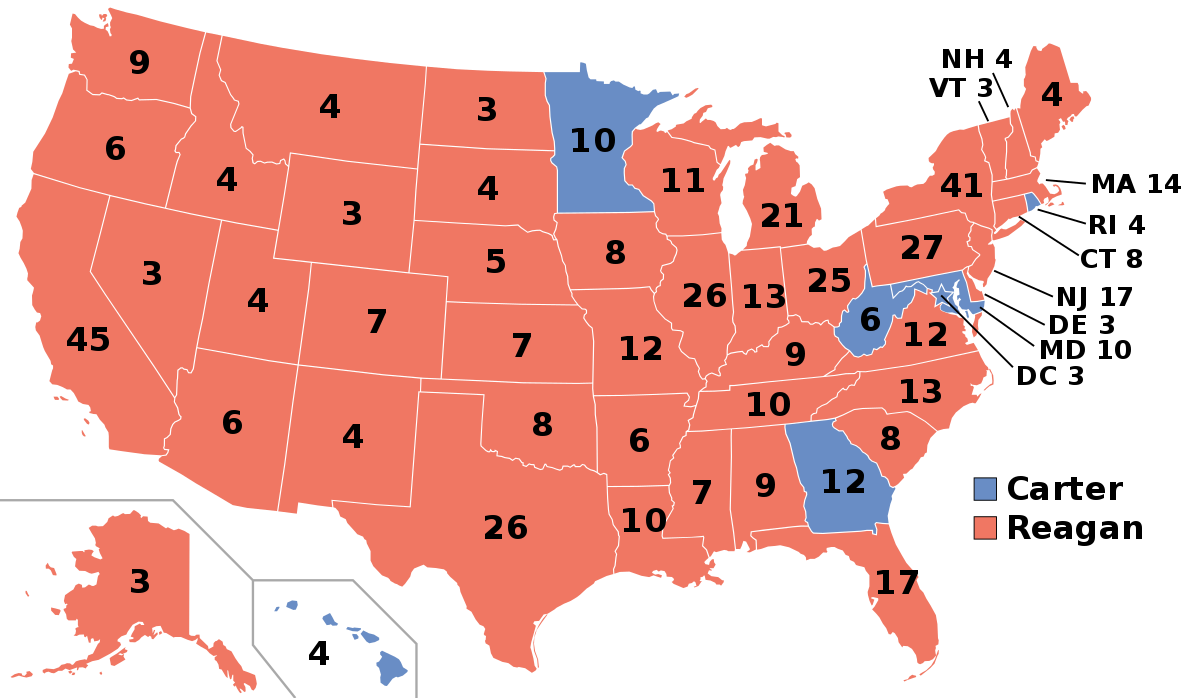
1984:
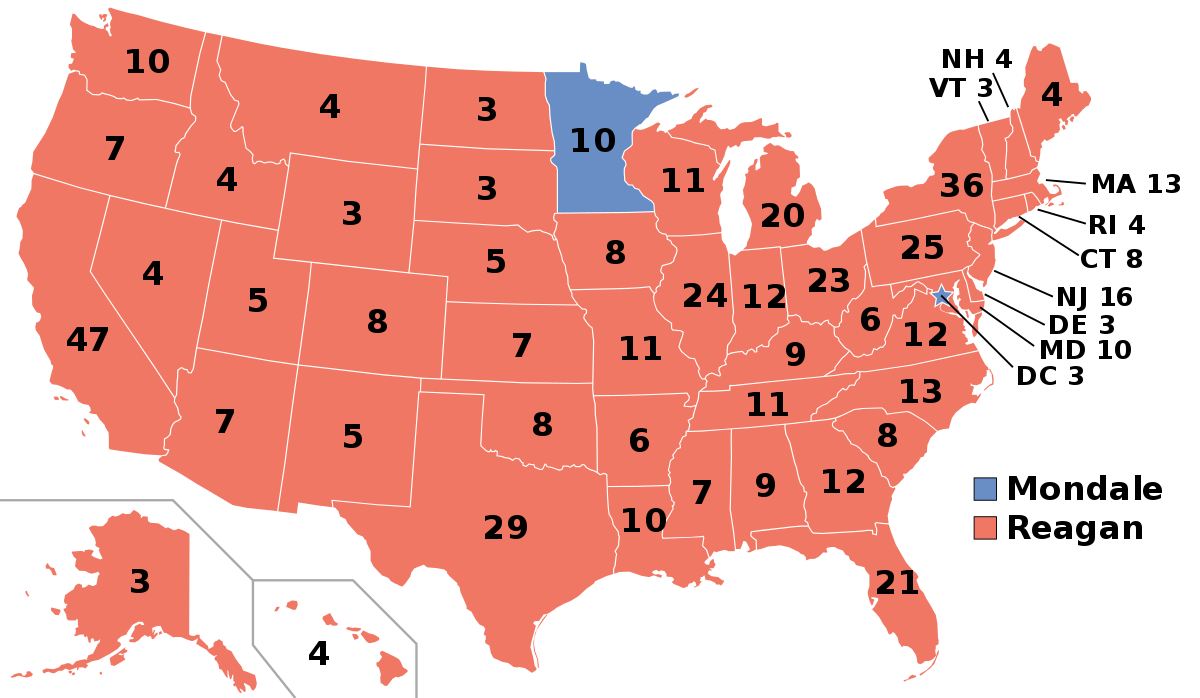
1988:
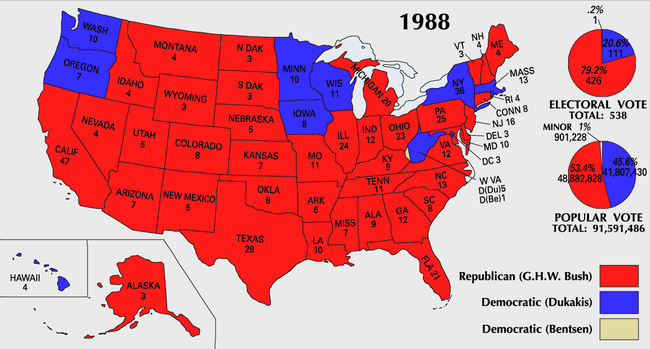
1992 and 1996 were a schism because of H Ross Perot, but they show mostly the same overlap with previous maps. The great lakes areas and New York/New England vote as a block, and the West coast votes as a block. 2000:
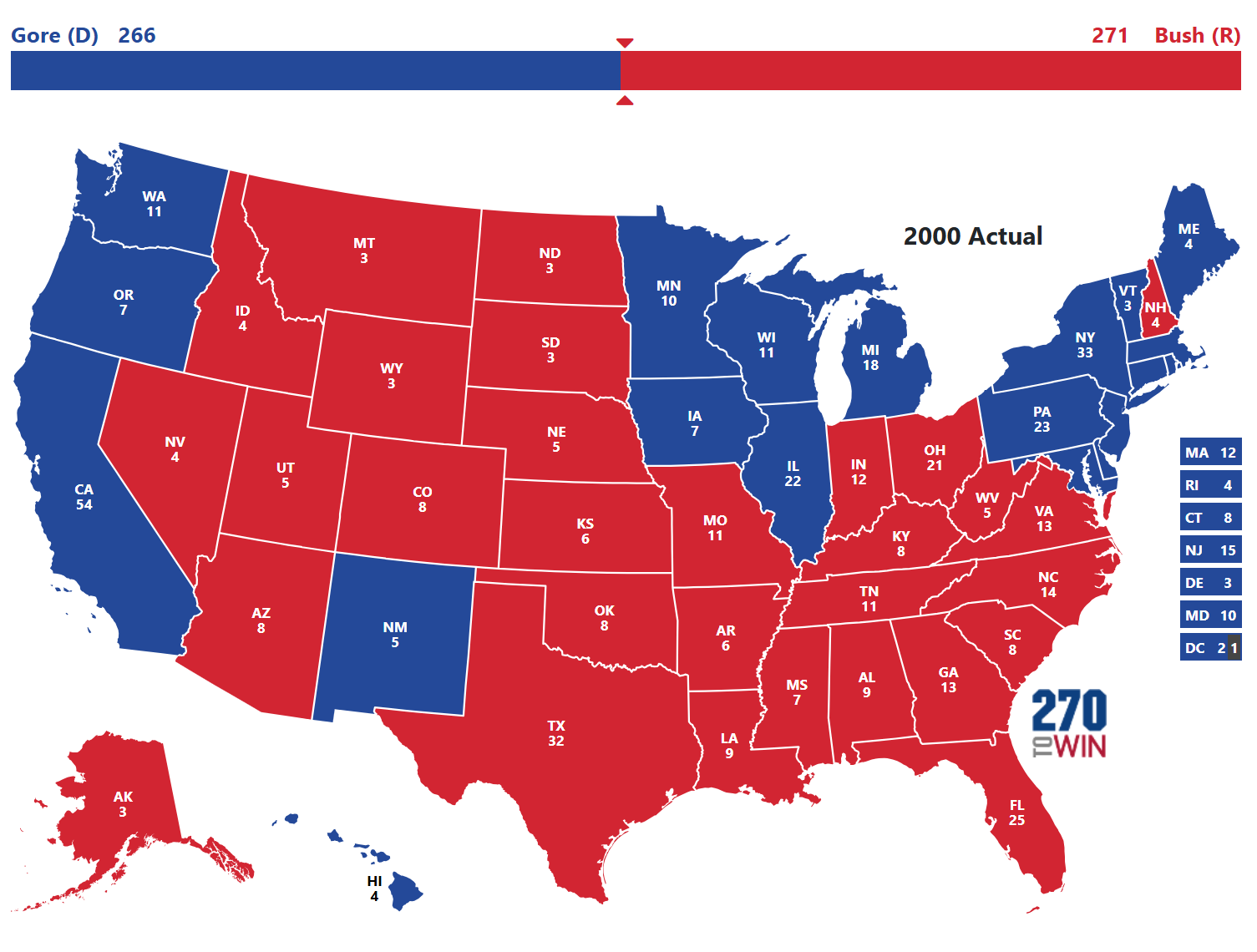
2004:

2008:
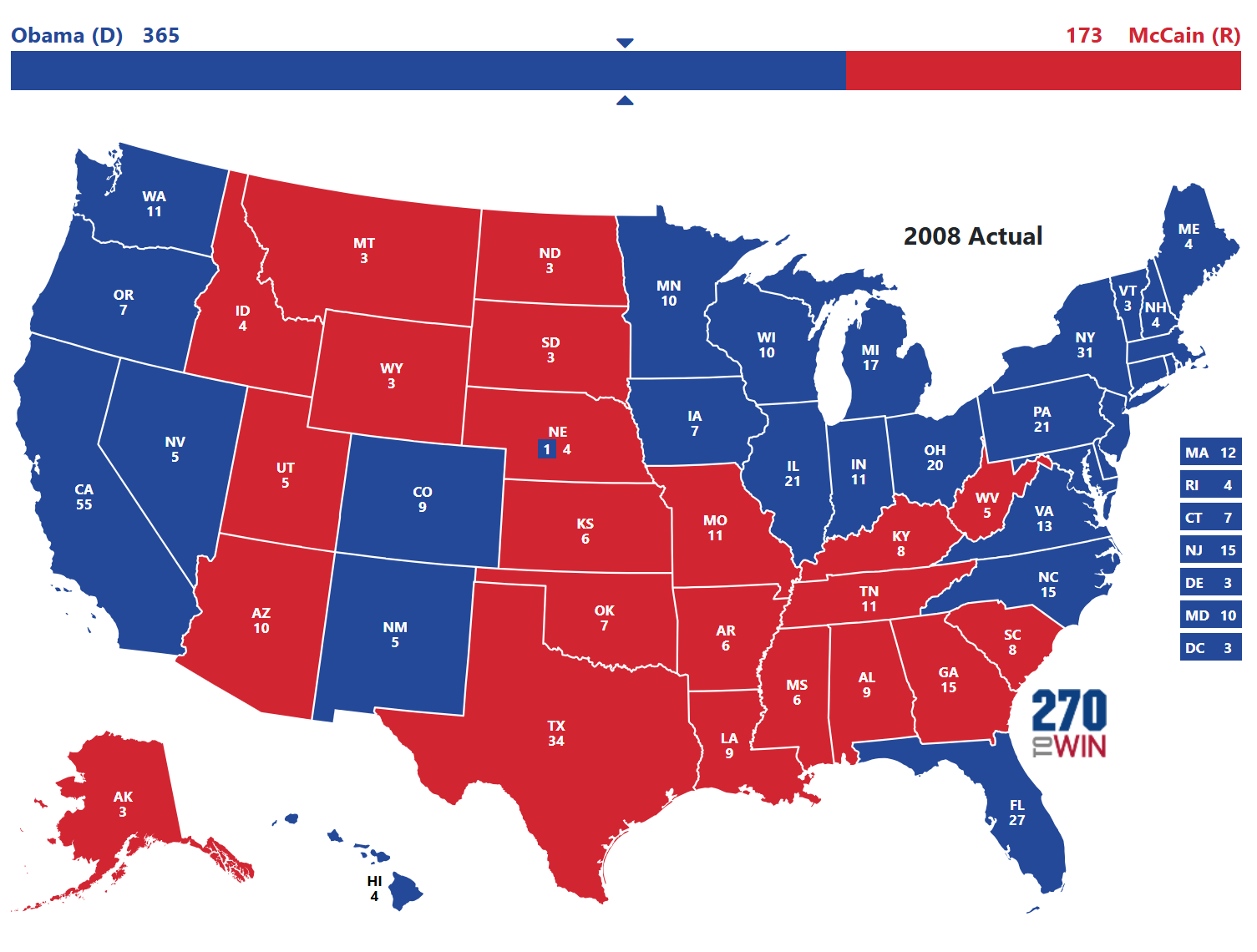
2012:

Now if you are talking before 1980, this is true, because the southern states were democrat, and it took Reagan to flip them to Republican. Socially though, all the red states in the preceding maps represent an affinity for each other in terms of culture and income. They have a lot in common with each other, and the maps I post are meant to represent what would have happened to the Confederacy had it continued in absence of a war.
Those states would have flipped, and it would have left the Great Lakes/New York self interest zone which still controls our politics today.
In your own biased view westerners and midwesterners wouldn’t want African-Americans around any more than they wanted competition from slaves or haughty slaveowners so they’d tell the CSA to P.O. and FOAD.
There would have been no great migration of slaves into the western territories. Those areas cannot support large scale slave farming, and slaves were too valuable in the cotton growing regions to waste on the western territories.
As i've pointed out, there were only a dozen slaves in the entire New Mexico territory by the 1850s, and at that time no one was putting up any opposition to it.
Now if you are talking before 1980, this is true, because the southern states were democrat, and it took Reagan to flip them to Republican. Socially though, all the red states in the preceding maps represent an affinity for each other in terms of culture and income. They have a lot in common with each other, and the maps I post are meant to represent what would have happened to the Confederacy had it continued in absence of a war.The last forty or fifty years weren't typical of the last century or two. Recent years saw the growth of a secular progressive ideology on the East and West Coasts. These secular progressives were more hostile to traditional religious, patriotic, moral and familial values than earlier liberals or progressives. They weren't very many or very popular at first, even in those regions and in the Democratic Party. That explains McGovern's landslide loss. But as the secular progressives grew more numerous and more powerful, Evangelicals became more conservative and the South joined the Mountain and Plains states as a Republican stronghold. As that happened the Democrats consolidated their hold on the Northeast and the Pacific Coast. Some voters became true believers and others just didn't feel at home with the Republicans.
This isn't a situation that people would have recognized in 1880 or 1940. Slaveowners liked to say that Northerners were all heretics and unbelievers, and so did some Southerners in later years, but the average Northerner knew his neighbors and knew they weren't pagans or atheists, and if he didn't agree with all of them about religion, they had many other things in common. Midwesterners out on the Plains may not have had much in common with New Yorkers, but they had no more in common with Virginia or Mississippi planters. What you are missing is that the United States -- that is to say the Northern States -- had a common culture for a century after the Civil War and had more in common with each other than they did with the Southern states. That only began to change about fifty years ago when the mainstream culture began to collapse, and things are still in flux now.
Political coalitions within a country don't form the basis for a new country. It's said that the Democratic Party got started when Jefferson's Virginia planters hooked up with Aaron Burr's New York political machine. They both hated the Federalists, but there wasn't much basis for nation building between the two. And if you were a Great Plains farmer who resented being the tail of the Eastern dog would you really want to turn yourself into the tail of the Southern dog? Your whole theory seems to be that Southerners had reason to resent the big city New York merchants and capitalists. If New Orleans transformed itself into the great commercial capital, wouldn't far away farmers resent its power? Why would they want to submit to its power when they could form their own country? Once the one united nation broke up, there was no reason to trade one set of faraway rulers for another.
Those states would have flipped, and it would have left the Great Lakes/New York self interest zone which still controls our politics today.
You don't really live in today's America, do you? There's a metropolitan culture in New York City or Los Angeles or San Francisco or Chicago, but it's also in Atlanta, Houston, Charlotte and other big metropolitan areas. There are elites and there are non-elites, but I don't see guys in Staten Island or Upstate New York or Downstate Illinois or Ohio wielding great power. Probably bankers and moguls in Charlotte or Atlanta or Dallas have more say than they do in how things are done. Some Southern states now have at least as much clout in Washington as the Great Lakes states and their cities are more in tune with Washington's policies than Rust Belt towns.
As i've pointed out, there were only a dozen slaves in the entire New Mexico territory by the 1850s, and at that time no one was putting up any opposition to it.
And as I've pointed out, those were African-American slaves. Native Americans had been enslaved under the Mexicans, the Spanish, and the pre-Columbian Indian civilizations. Probably there were still some Indians who were essentially enslaved even under US rule. The region wasn't inhospitable to slavery and probably would have adapted to African-American slavery if the Confederates had taken over.
There would have been no great migration of slaves into the western territories. Those areas cannot support large scale slave farming, and slaves were too valuable in the cotton growing regions to waste on the western territories.
Where slavery was legal and slaveowners controlled the government, uses would be found for slaves. I believe the Confederate Constitution protected the right of slaveowners to take their slaves everywhere. That was reason enough for the Plains States not to want to join the Confederacy.
You missed my point though. You've said Northerners hated Blacks and didn't want to live among them and have to compete with them. If true, that's all the more reason why they'd want a national border between themselves and the South.






